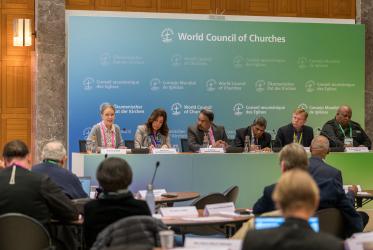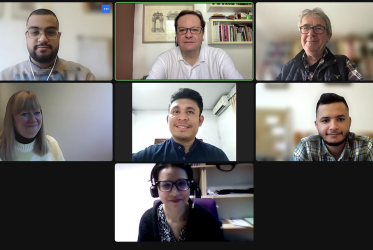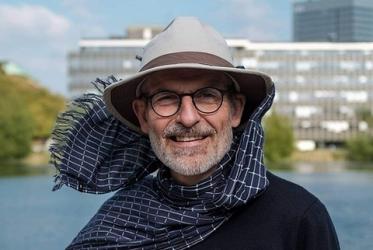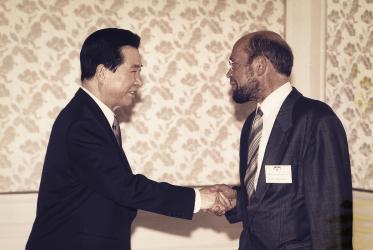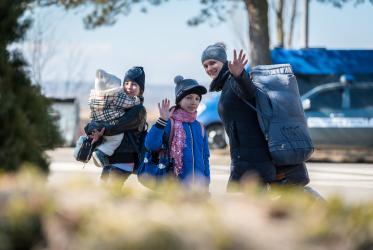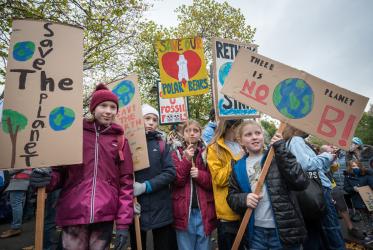Displaying 1 - 20 of 1342
10 April 2024
On International Women’s Day, find ways to end femicide
29 February 2024
Regional communicators strengthen WCC fellowship, deepen solidarity
08 February 2024
Award-winning work means interactive storytelling with inclusivity
06 February 2024
Thursdays in Black now has a Youth Edition
21 December 2023
WCC webinar explores decolonizing beauty
11 December 2023
Towards a Global Vision of the Church, Volume II
Explorations on Global Christianity and Ecclesiology, Faith and Order Paper 239
27 November 2023
WCC invites global fellowship to join World Children's Day events
20 November 2023

